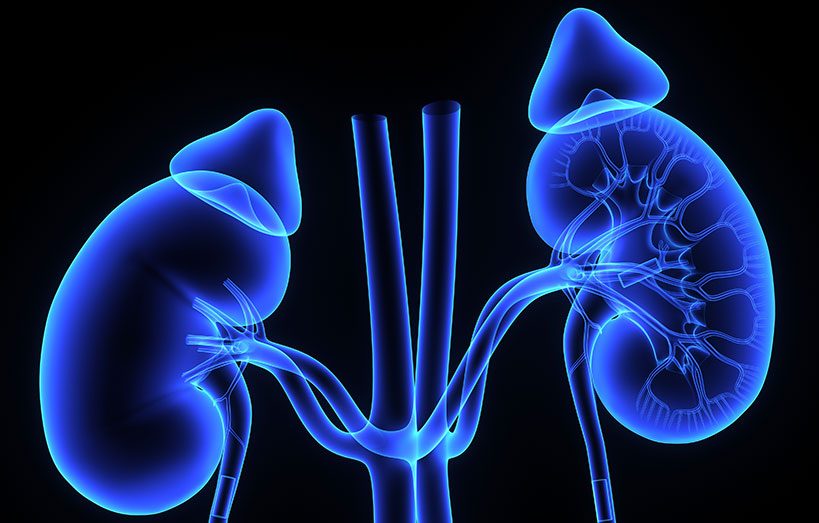
High risk of infection with steroid treatment for people with kidney disease
Steroids caused a greater than expected increase in the risk of serious infections in the predominately young group of people who have immunoglobulin A (IgA) nephropathy, an immune disease that leads to kidney failure in almost a third of patients.
In the largest trial conducted in this condition to date, people taking steroid tablets (methylprednisolone) to treat IgA nephropathy have been found to incur a higher than expected risk of serious side effects, according to a study published in the Journal of the American Medical Association today.
The results showed that treatment with the oral steroid methylprednisolone caused an increased risk of infections (some of which were fatal) as well as gastrointestinal and bone disorders. At the same time, the results of the study also suggest that the treatment may have a protective effect on kidney function.
“While corticosteroids appear likely to have benefits on kidney function for people with IgA nephropathy, they also have important and potentially life-threatening risks. People should carefully weigh these up when deciding whether to use this treatment,” said Professor Vlado Perkovic, Executive Director, The George Institute Australia and co-principal investigator of the trial.
IgA nephropathy is a disease where the kidney is damaged by the immune system when the antibody immunoglobulin A (IgA) lodges in the kidneys. Up to 30 percent of all people with IgA nephropathy will eventually develop kidney failure requiring dialysis or kidney transplantation to prevent death.
Although IgAN has no proven specific treatment, steroids are commonly used around the world to try to treat the condition, as they supress the immune system, a number of small studies suggest they might have some benefits, and they are relatively affordable. As a result, clinical guidelines currently recommend corticosteroids should be considered for patients with IgA nephropathy and persistent proteinuria.
“The trial again suggests benefits on kidney function can be achieved by suppressing the immune system in IgA nephropathy, but safer regimens are urgently needed and should be developed and carefully assessed in further trials,” said Professor Perkovic.
The study of 262 people with an average age of 36 years was conducted in China and Australia.
Read the full paper in the Journal of the American Medical Association.








